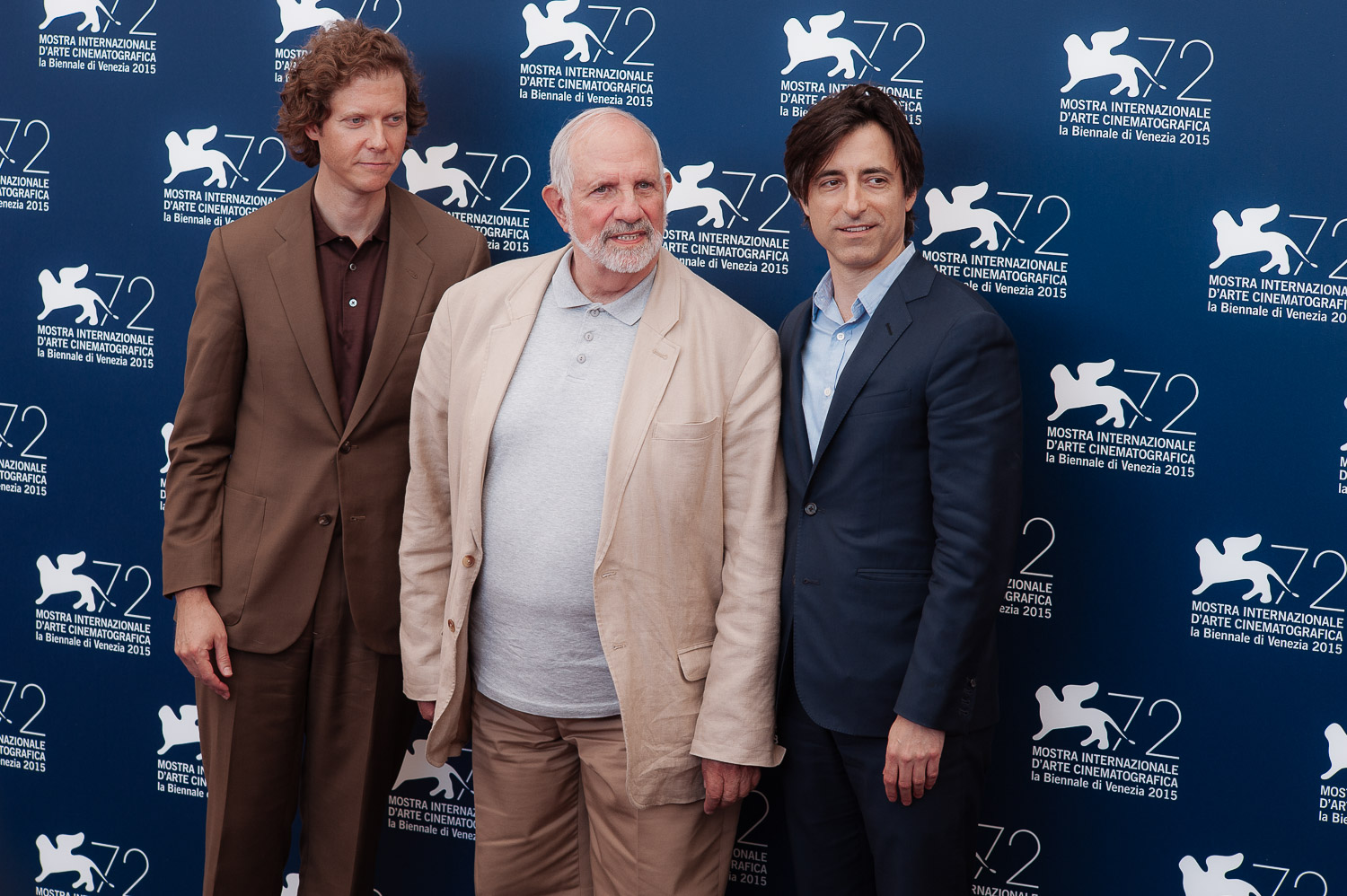There’s a double bond in documentaries: apart from their make, the concept which creates their base (the way in which the story is told, the author, the period, the cinema era) is engaging and catchy.
For their nature, documetarie have both the strenght of epic narrations and the power of the “behind the scenes” kind of cinema they represent. We’re always fascinated by cinema documetaries, but it’s true that they are films and not only they offer information, but in the best cases they also try to work on the images they propose.
De Palma is the typical example of the lazy documentary, unwilling and superficial in its anecdotal part. There’s no doubt that in this movie, this anecdotal part is great, even because Brian De Palma shows his vivacity and ability to entertain very shrewdly, while telling his career movie by movie (and he’s helped also by te fact he doesn’t mince words), and this is enough to make us suggest you to watch it. De Palma shows and captivates, tells and stimules, but Baumbach and Paltrow don’t. It seems that the two directors don’t exist.
Usually, in cinema, the invisibility of the author is a quality, but in this case it coincides with the absence of a point of view. It’s not asked to the two directors for a critical point of view, but al least for a focus on the subject matter treated together with the period, with the evolution of this art form or cinema (like Scorsese does while he treatsthese themes). We only ask them to make us feel their presence.

The contrast between these two minds could have give life to something more mature than this thesis. It was legitimate for us to expect from Paltrow and Baumbach an elaboration and a lecture of De Palma, instead of his shelf in which there’s the author that speaks and edits his own sentences with the scenes of the movies of which he talks about.
By Gabriele Niola
Translation: Bianca Baroni
Photo: Alessio Costantino
In collaboration with Badtaste.it








